
This book examines emerging automated technologies and systems and the increasingly prominent roles that each plays in our lives and our imagined futures.
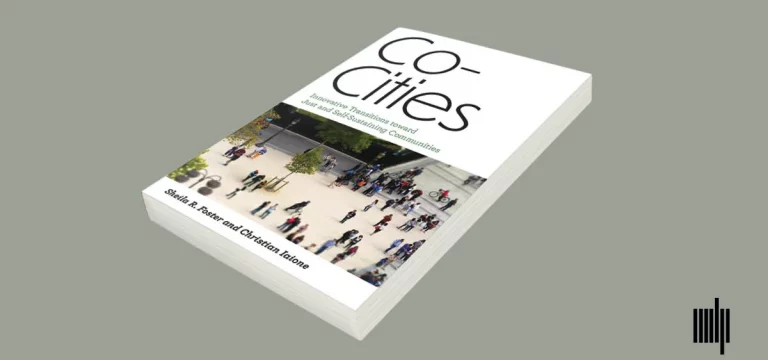
A new model of urban governance, mapping the route to a more equitable management of a city’s infrastructure and services.
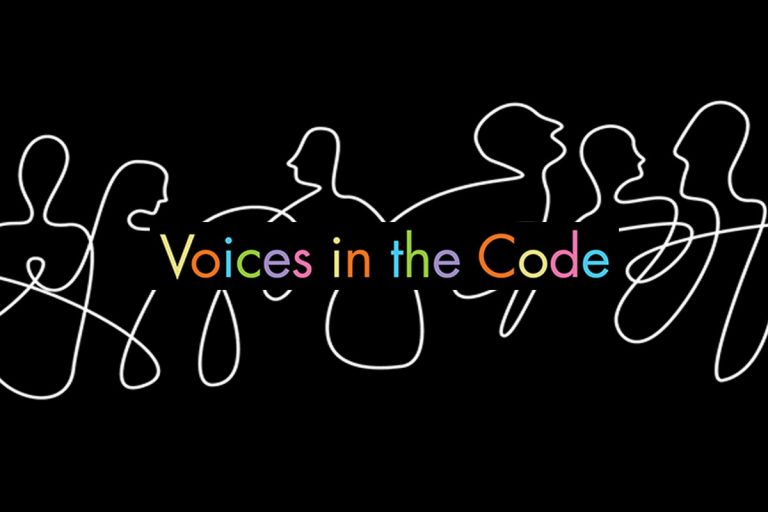
In Voices in the Code, scholar David G. Robinson tells the story of how one community built a life-and-death algorithm in a relatively inclusive, accountable way, and draws out lessons for the broader struggle to build technology in a democratic way.

Leroy Merlin is a French-headquartered home improvement and gardening retailer. Its Leroy Merlin Source (LMS) platform aims to create and share original knowledge on new ways of living and inhabiting spaces by expert researchers, professionals and stakeholders.
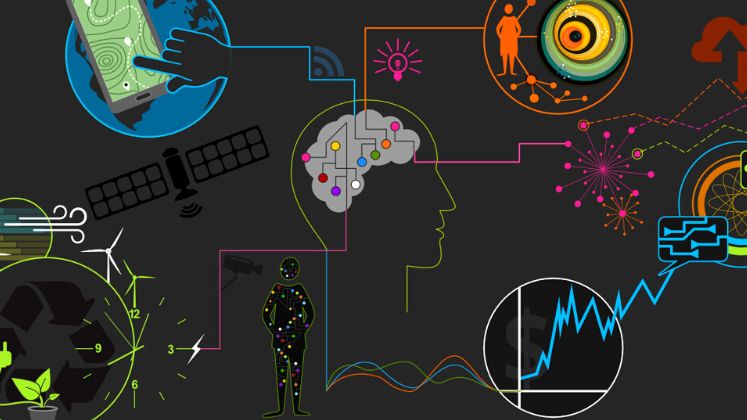
The collection and analysis of data about us now occurs across many aspects of everyday life, but how do people come to understand these complex processes? Drawing on Living With Data research, Susan Oman, Hannah Ditchfield and Helen Kennedy show that people’s understandings of data uses are based on past experiences and predictions about the future.
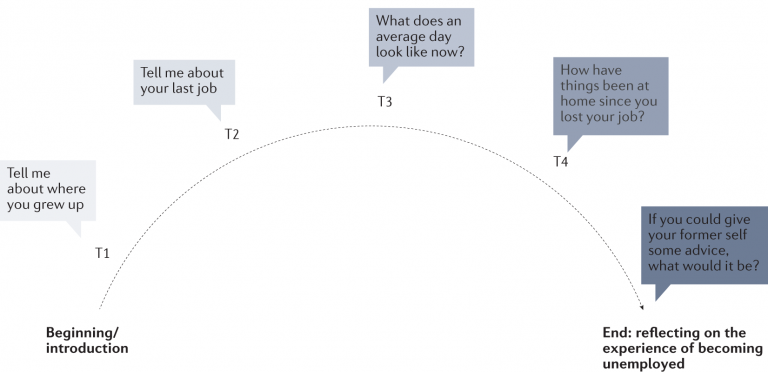
In this Nature Reviews Method Primer, Eleanor Knott, Aliya Hamid Rao, Kate Summers & Chana Teeger off the London School of Economics focus on the stages and challenges of designing and conducting an interview project and analysing data from it, as well as strategies to overcome such challenges.

Data centers are destroying the natural world, writes anthropologist Steven Gonzalez Monserrate in Wired. But is the cloud an inherently unsustainable paradigm? He foresees three possible pathways for remaking the cloud into something more sustainable for future generations.

AR features in mobile apps are plagued by usability issues such as poor discoverability and findability of items with AR, low-visibility instructions, or vague icons and signifiers.
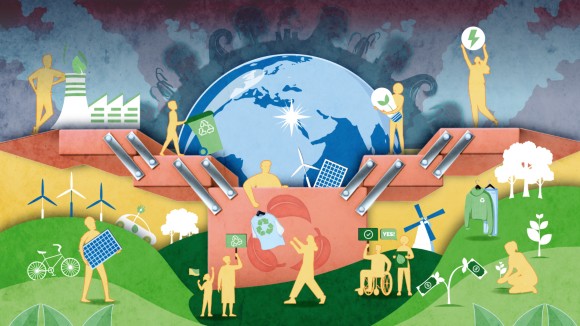
This Focus of Nature Magazine, a collaboration between Nature Human Behaviour and Nature Climate Change, features a broad range of Review and Opinion content on the role of human behaviour in adaption to climate change and mitigation of its negative consequences.

Political and Social Conflicts in Participatory Design Thinking

These are guidelines for any individual or organisation interested in designing, planning, and implementing a citizen participation process. The guidelines walk the reader through ten practical steps, and detail eight different methods that can be used to involve citizens in policy making. This publication is illustrated with good practice examples.
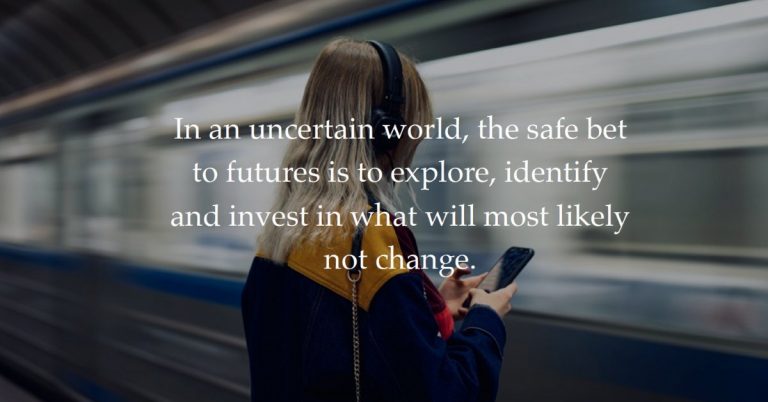
In an uncertain world, the safe bet to futures is to explore, identify and invest in what will most likely not change.

Julia Tan and Carolina Aldas of Spotify provide some recommendations on how user research and Engineering can improve their collaboration during the Discovery Phase to come up with more feasible product solutions.
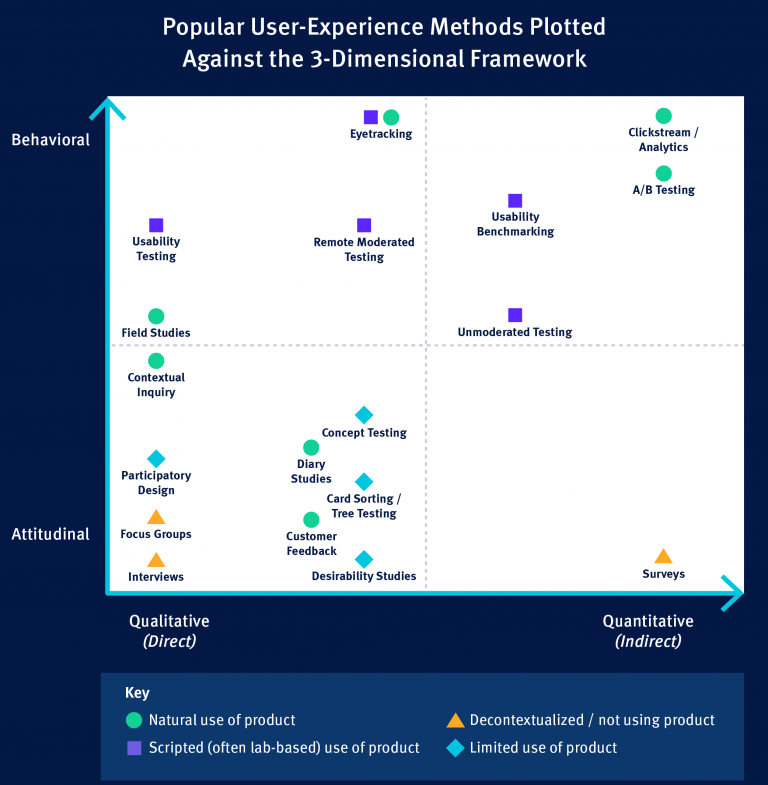
Modern day UX research methods answer a wide range of questions. To help you know when to use which user research method, each of 20 methods is mapped across 3 dimensions and over time within a typical product-development process.

A touchless UI has an edge over devices that require touch interactions because decreasing physical contact is helpful in diverse contexts—from food-processing plants to an airport’s self-service registration kiosks.

By force of habit, most executives tune down their imagination when strategizing. This is counterproductive, the authors argue. Instead, they offer an alternative: Design fiction. A design technique that immerses executives and employees deeply in various possible futures, it uses artifacts such as short movies, fictitious newspaper articles and imaginary commercials to generate transformation roadmaps.

How can freedom and democracy survive in a world of powerful digital technologies?

How we describe the metaverse makes a difference – today’s words could shape tomorrow’s reality and who benefits from it

The first book to take an interdisciplinary and international approach to understanding how our everyday lives are being affected by automated decision-making.

Emerging Technologies / Life at the Edge of the Future invites us to think forward from our present moment of planetary, public and everyday crisis, through the prism of emerging technologies.




















